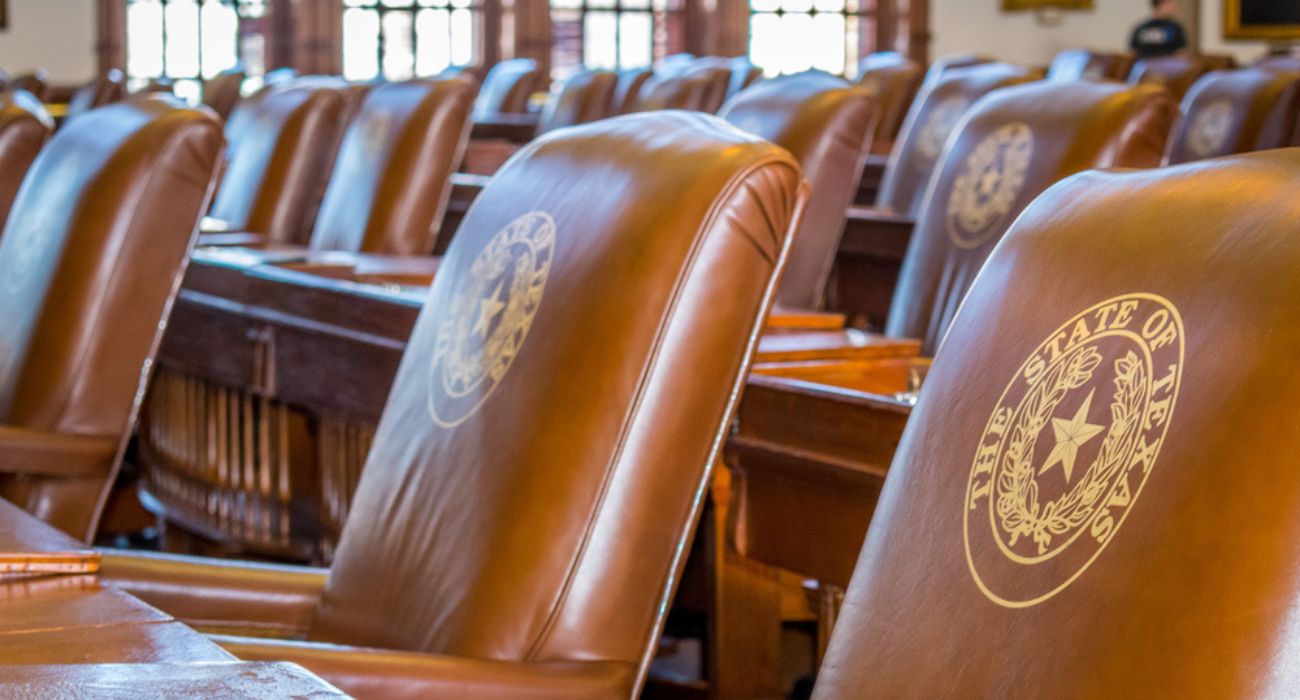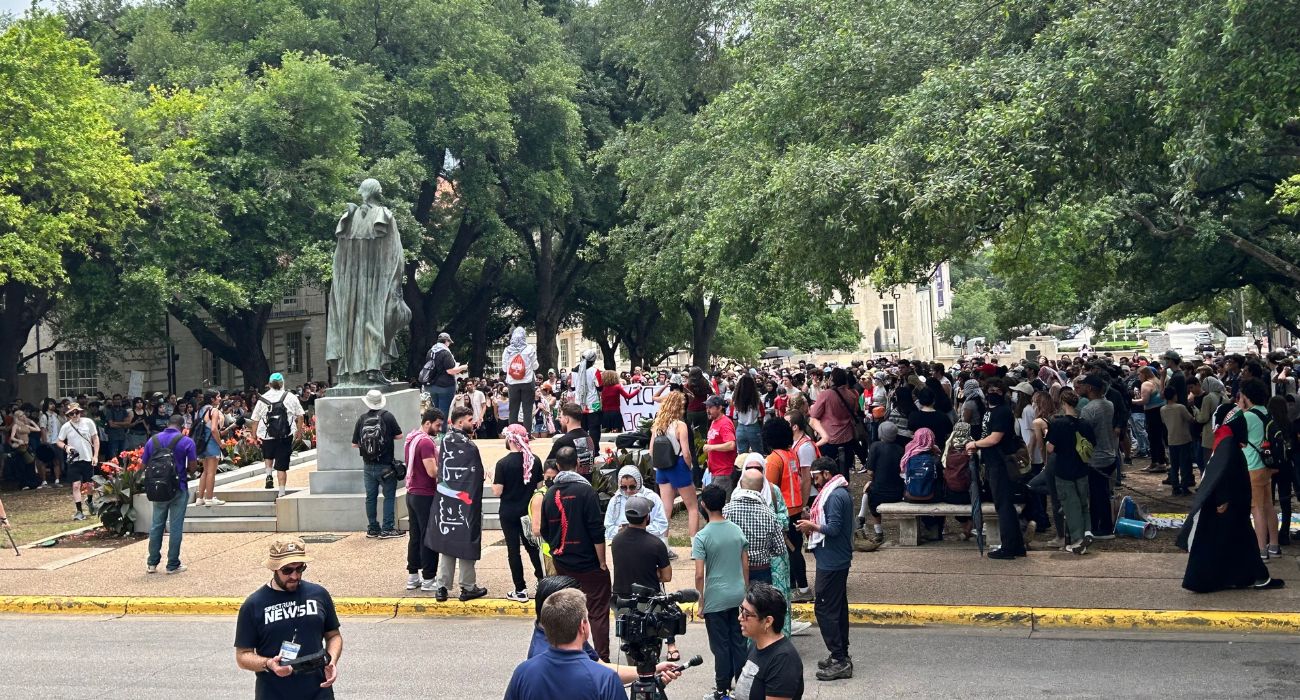A judge has ruled that a new Texas law preempting local government regulations in a variety of areas is unconstitutional days before it goes into effect.
The Office of the Attorney General has appealed the ruling, continuing the litigation over the legislation.
459th Civil District Court Judge Maya Guerra Gamble issued the ruling during a preliminary hearing where the City of Houston, alongside a bevy of other municipalities, claimed the law unfairly infringes on the right to home rule, as reported by The Dallas Express.
Texas, however, argued that the law was clearly constitutional, pointing to Section 5, Article XI of the state constitution, which stipulates cities and other political subdivisions may not pass rules that “contain any provision inconsistent with the Constitution of the State, or the general laws enacted by the Legislature of this State.”
The new law in question, the Texas Regulatory Consistency Act, would provide an enforcement mechanism for that clause by enabling citizens to bring litigation against municipalities that passed ordinances contradicting state law in certain regulatory fields.
Opponents of the bill took to calling it the “Death Star” due to the claim that it would eliminate cities’ ability to address local matters in a local manner, as reported by The Dallas Express.
Judge Gamble declared, “House Bill 2127 in its entirety is unconstitutional–facially, and as applied to Houston as a constitutional home rule city.”
Rep. Dustin Burrows (R-Lubbock), the author of the bill, denounced Judge Gamble’s ruling.
“The judgment today by a Democrat Travis County District Judge is not worth the paper it’s printed on,” he claimed. “The Texas Supreme Court will ultimately rule this law to be completely valid.”
“The ruling today has no legal effect or precedent, and should deter no Texan from availing themselves of their rights when HB2127 becomes law on September 1, 2023,” he added.
“As an aside, given what happened today in the Travis County District Court, I now better understand why the business community was clamoring for the creation of specialized business courts to ensure our state’s laws are fairly upheld and our justice system is preserved,” Burrows concluded.
Early reporting claimed that the ruling would stop the law from taking effect, but Burrows explained, “It is a declaration by a court (not an injunction).”
Similarly, former state representative Matt Krause added, “The judge didn’t actually block the law from going into effect,” noting that no injunction was issued.
“Regardless, I have no doubts the constitutionality of this bill will be affirmed as it makes its way through the legal process,” he continued, noting it was one “of the most important bills of the session.”
Several Texas laws have been sued in attempts to keep them from going into effect. As reported by The Dallas Express, the ban on child sex alteration surgeries was originally blocked by an Austin-based court, but an appeal to the Texas Supreme Court stayed the injunction and enabled it to go into effect while litigation continues.
Note: This article was updated on August 30, 2023, at 8:35 p.m. to include additional commentary from Rep. Burrows and former Rep. Krause, as well as language from Judge Gamble’s ruling.







Trackbacks/Pingbacks